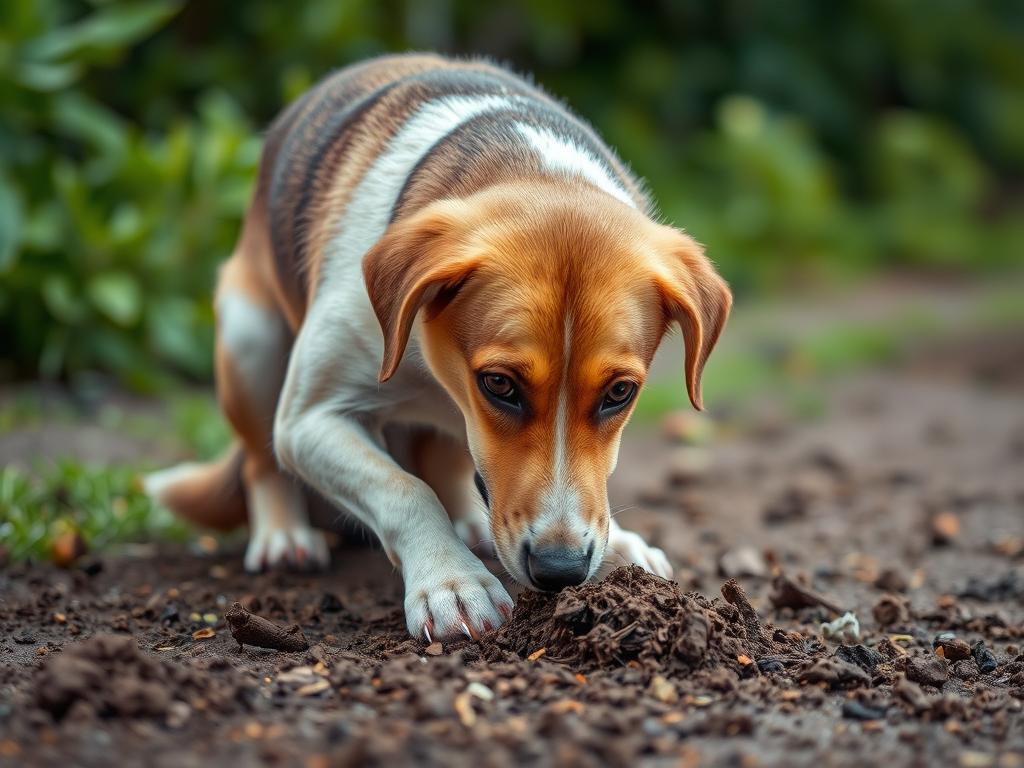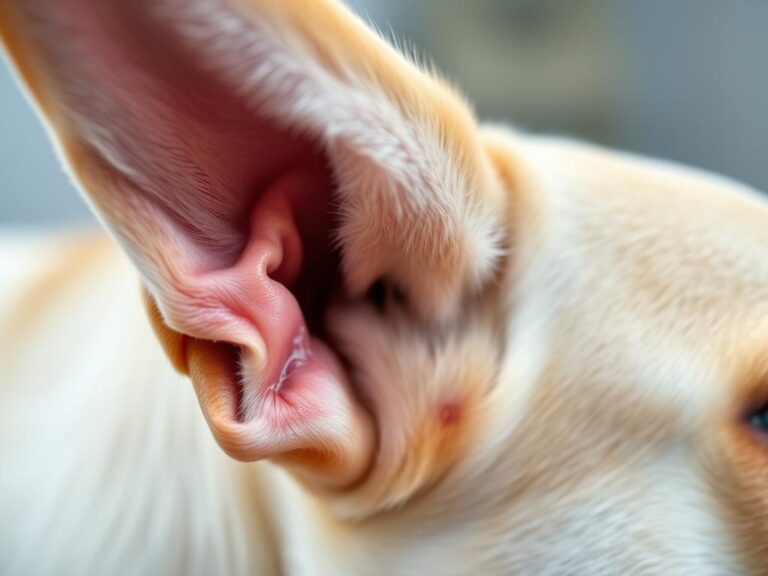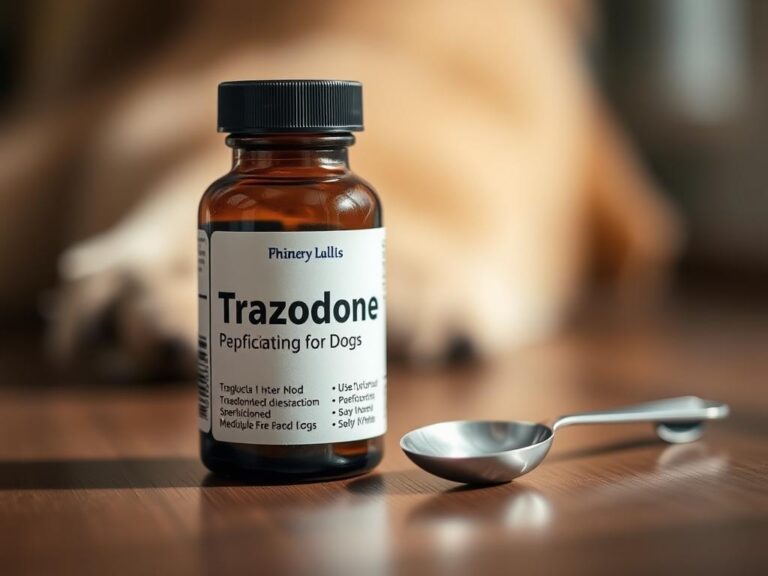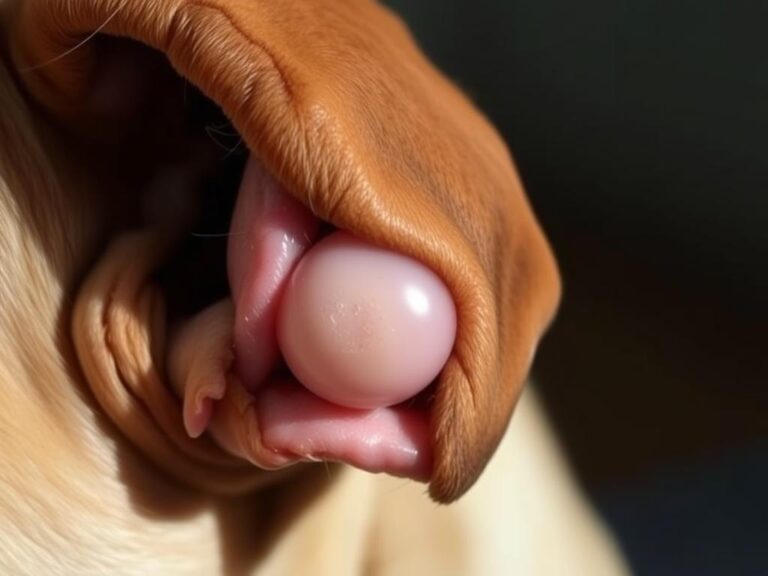Discover the Reasons Behind Your Dog Eating Dirt
It’s not uncommon for dogs to engage in the behavior of eating dirt, leaving many pet owners concerned and wondering about the underlying reasons for dogs eating dirt.
This behavior can be attributed to various factors, including nutritional deficiencies, gastrointestinal issues, or even stress. According to experts at the American Kennel Club, visiting their website at https://www.akc.org/expert-advice/health/why-does-my-dog-eat-dirt/ can provide valuable insights into the potential causes and risks associated with dirt consumption.
Understanding the reasons behind dog eating dirt is crucial for dog owners to take appropriate measures to ensure their pets’ health and well-being.
Why Does My Dog Eat Dirt? Understanding This Common Behavior
Dirt eating, or pica, in dogs is a phenomenon that warrants investigation into its causes and potential consequences. Dogs may engage in dirt consumption for various reasons, ranging from normal exploratory behavior to more serious compulsive disorders.
Normal Exploratory Behavior vs. Compulsive Dirt Eating
Dogs are naturally curious creatures, often using their mouths to explore their environment. This can include tasting or eating dirt. However, when this behavior becomes frequent or persistent, it may indicate a compulsive disorder. Distinguishing between normal exploratory behavior and compulsive dirt eating is crucial for determining the appropriate course of action.
- Normal exploratory behavior is typically occasional and not accompanied by other signs of distress or anxiety.
- Compulsive dirt eating, on the other hand, can be a sign of an underlying issue that needs to be addressed.
Signs Your Dog’s Dirt Eating Is Problematic
If your dog’s dirt eating is accompanied by symptoms such as vomiting, diarrhea, or lethargy, it could be indicative of a more serious health issue. Monitoring your dog’s overall health and behavior is essential for identifying potential problems early.
- Gastrointestinal upset following dirt consumption.
- Changes in appetite or water intake.
- Visible signs of illness or discomfort.
How Common Is This Behavior in Dogs?
Dirt consumption is relatively common among dogs, with various factors contributing to its prevalence. These include environmental factors, nutritional deficiencies, and psychological conditions. Understanding the prevalence and potential causes can help dog owners take proactive steps to prevent or address the behavior.
According to experts, pica in dogs can be attributed to a range of factors, including but not limited to, nutritional deficiencies, gastrointestinal issues, and anxiety disorders.
“Pica is a complex behavior that can stem from various underlying causes, making it essential to approach each case individually.”
Medical Causes for Dirt Consumption in Dogs
Eating dirt is not just a quirky behavior in dogs; it can be a sign of serious medical conditions. Dogs may be drawn to dirt for various reasons, and understanding these reasons is crucial for their health and well-being.
Nutritional Deficiencies and Pica
One of the primary medical causes for dirt consumption in dogs is nutritional deficiencies. Dogs require a balanced diet that includes essential vitamins and minerals. When their diet lacks certain nutrients, they may develop pica, a condition characterized by eating non-food items like dirt. Iron deficiency is a common cause of pica, as dogs may seek out dirt to supplement their lack of iron.
Digestive Issues and Upset Stomach
Dirt consumption can also be linked to digestive issues in dogs. Some dogs may eat dirt to alleviate an upset stomach or to help with digestion. However, this behavior can lead to further complications, such as gastrointestinal blockages or infections. It’s essential to monitor your dog’s digestive health and consult a veterinarian if you suspect any issues.
Anemia and Other Health Conditions
Anemia is another health condition that may cause dogs to eat dirt. Anemic dogs often have low levels of red blood cells, which can lead to cravings for non-food items. Other health conditions, such as gastrointestinal disease or hormonal imbalances, can also contribute to dirt eating behavior.
When to Consult Your Veterinarian
If your dog is regularly eating dirt, it’s crucial to consult with a veterinarian to rule out any underlying medical issues. Your veterinarian can perform diagnostic tests to identify any nutritional deficiencies or health conditions that may be contributing to this behavior. Early detection and treatment can help prevent further complications and ensure your dog’s overall health.
Behavioral Reasons Your Dog Might Eat Dirt
Understanding why your dog eats dirt requires exploring several behavioral aspects that could be contributing to this habit. Dogs are complex animals, and their behaviors can be influenced by a variety of factors, including their environment, upbringing, and individual temperament.
Boredom and Lack of Mental Stimulation
Dogs need mental and physical stimulation. Without adequate exercise and engaging activities, dogs may resort to undesirable behaviors like eating dirt. Providing your dog with puzzle toys, regular exercise, and playtime can help alleviate boredom. Ensuring your dog has enough to do can significantly reduce the likelihood of dirt eating.
Anxiety and Stress-Related Behaviors
Just like humans, dogs can suffer from anxiety and stress. These emotional states can manifest in various behaviors, including eating non-food items like dirt. Identifying the sources of your dog’s anxiety is crucial. Whether it’s separation anxiety, noise phobias, or other stressors, addressing the root cause can help mitigate dirt-eating behavior.
Learned Behavior and Attention-Seeking
Sometimes, dogs eat dirt simply because they’ve learned it gets a reaction from their owners. If your dog associates dirt eating with attention, it’s essential to change this dynamic. By ignoring the behavior or redirecting your dog’s attention to an acceptable activity, you can discourage dirt eating.
Puppies and Exploratory Behavior
Puppies are naturally curious, and their way of exploring the world often involves tasting and eating various objects, including dirt. Supervising your puppy and providing a safe environment can help manage this behavior. As they grow and mature, most puppies outgrow this stage, but consistent training and providing appropriate alternatives are key.
In conclusion, addressing the behavioral reasons behind your dog eating dirt involves understanding the underlying causes, whether it’s boredom, anxiety, learned behavior, or exploratory behavior in puppies. By identifying and addressing these factors, you can help your dog overcome this habit.
How to Stop Your Dog from Eating Dirt
To curb your dog’s dirt-eating habit, it’s essential to understand the underlying causes and implement effective solutions. Dogs eat dirt for various reasons, ranging from nutritional deficiencies to boredom and anxiety. Addressing this behavior requires a comprehensive approach that includes medical checks, environmental management, and training.
Addressing Underlying Medical Issues
The first step in stopping your dog from eating dirt is to consult with a veterinarian to rule out any underlying medical issues. Nutritional deficiencies, gastrointestinal problems, or other health conditions might be causing this behavior. Your vet can perform the necessary tests to identify any health issues and recommend appropriate treatment.
Environmental Management Techniques
Managing your dog’s environment is crucial in breaking the dirt-eating habit. Supervise your dog during outdoor activities to prevent them from accessing dirt. You can also try to keep your yard clean and free of dirt piles or use deterrents like citrus sprays or physical barriers to discourage digging.
Training Methods and Positive Reinforcement
Training plays a significant role in changing your dog’s behavior. Positive reinforcement techniques, such as rewarding your dog with treats or praise when they ignore dirt or engage in a different activity, can be highly effective. Consistency and patience are key, as changing behavior takes time.
Potential Risks of Dirt Consumption
Understanding the risks of dirt consumption is vital for dog owners. Eating dirt can lead to gastrointestinal problems, parasitic infections, or exposure to toxic substances. By addressing the behavior early and effectively, you can prevent these complications and ensure your dog’s health and well-being.
By combining medical treatment, environmental management, and training, you can help your dog overcome the habit of eating dirt. It’s a process that requires patience, consistency, and a comprehensive approach.
Conclusion: Keeping Your Dirt-Eating Dog Healthy
Maintaining your dog’s health is crucial, especially if they have a habit of eating dirt. As discussed, this behavior can stem from various factors, including medical issues like pica or nutrient deficiencies, and behavioral aspects such as boredom or anxiety.
To address dirt eating, it’s essential to identify and tackle the underlying cause. If your dog’s dirt consumption is due to a medical issue, consulting a veterinarian is a critical step. For behavioral reasons, providing adequate mental stimulation and physical activity can significantly reduce the behavior. You can learn more about addressing your dog’s dirt eating by visiting this resource.
Preventing dirt eating not only involves changing your dog’s behavior but also ensuring their overall health and well-being. By understanding the reasons behind this behavior and taking proactive steps, you can help safeguard your dog’s health. Regular check-ups with your veterinarian and maintaining a balanced diet are key components of dog health.





